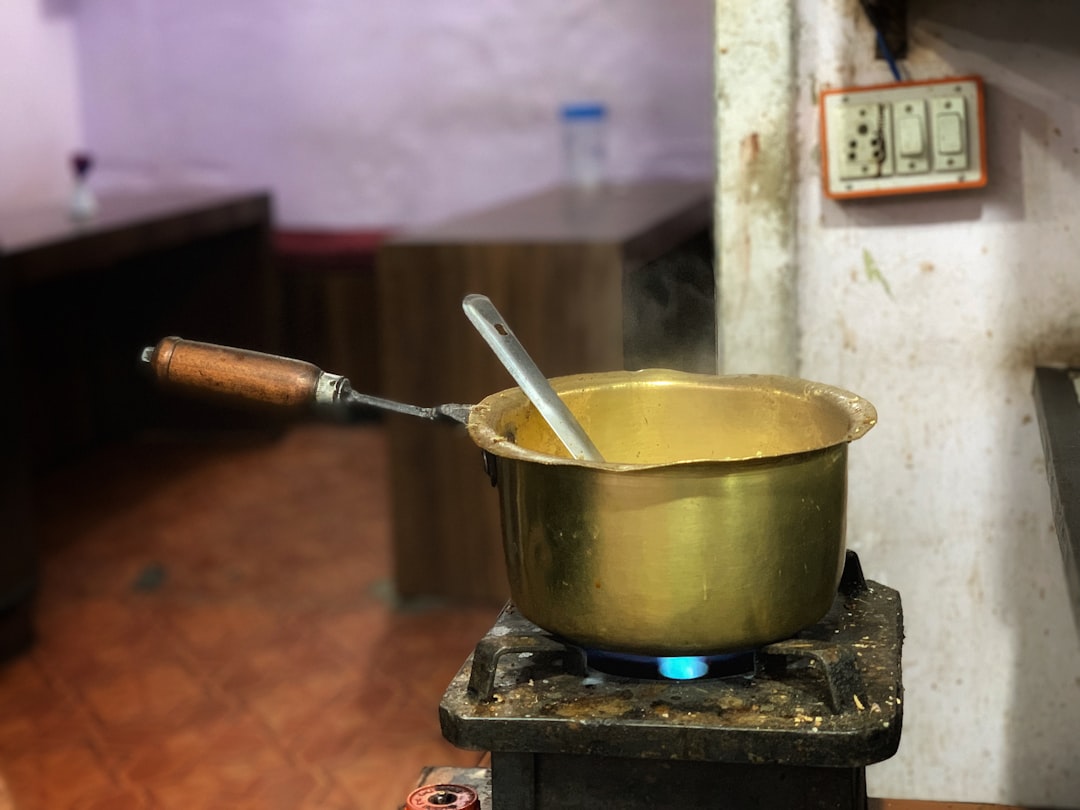Boost your immune system naturally with the right nutrition and lifestyle choices. This comprehensive guide covers essential vitamins, minerals, herbal supports, whole foods, and daily habits proven to enhance your body’s defenses year-round.
Key Takeaways
- Vitamins D, C, A, B6, and E are critical for immune regulation and protection.
- Zinc and selenium minerals play vital roles in immune cell function and antioxidant defense.
- Herbal supplements like elderberry and medicinal mushrooms can complement immunity but should not replace foundational nutrition and lifestyle.
- Whole foods provide a synergistic nutrient mix that supplements alone can’t replicate.
- Consistent lifestyle habits such as quality sleep, stress management, hydration, and exercise amplify immune resilience.
Table of Contents
- Essential Vitamins for Immune Health
- Key Minerals for a Strong Immune System
- Herbal Supplements and Natural Compounds That Support Immunity
- The Power of Whole Foods for Immune Health
- Boost Your Immunity with These Easy Recipes
- Lifestyle Habits That Amplify Immune Health
- Safe and Smart Use of Immune Supplements
- Final Thoughts: A Holistic Approach to Immune Health
- FAQ
1. Essential Vitamins for Immune Health
Vitamins are foundational for a balanced immune response, helping regulate inflammation, support cellular function, and protect against damage. Here’s a closer look at the key vitamins your immune system needs:
Vitamin D: The Immune System’s Quiet Workhorse
Known as the sunshine vitamin, Vitamin D activates white blood cells, helps control inflammation, and supports resistance to respiratory illnesses. A 2019 review highlighted its role in reducing respiratory infections, especially for people with low levels.
Sources include:
- Fatty fish (salmon, mackerel)
- Fortified milk or plant-based beverages
- Sunlight exposure (brief, direct daily sun)
- Sun-exposed mushrooms
Most adults require approximately 600 IU daily, but individual needs vary—consult your healthcare provider for personalized advice.
Vitamin C: Antioxidant Defender
Vitamin C protects immune cells, helps reduce infection risk, may shorten cold duration if taken early, and maintains healthy skin, a crucial barrier against germs.
Found in:
- Citrus fruits (oranges, lemons)
- Bell peppers
- Strawberries, blueberries
- Kiwi and broccoli
Supplemental doses range from 250 to 1,000 mg daily. High-dose intravenous vitamin C is being researched but is not recommended routinely.
Vitamins A & B6: Strengthening the Front Lines
Vitamin A supports mucous membranes and skin health, the body's first defense, while Vitamin B6 is necessary for immune cell communication and reactions.
Sources include:
- Vitamin A: Carrots, leafy greens, egg yolks
- Vitamin B6: Poultry, fish, bananas, potatoes
A balanced diet typically meets needs without supplementation.
Vitamin E: Powerful but Use Sparingly
Vitamin E is a potent antioxidant aiding immune cells, especially in the elderly. It is found in nuts, seeds, and spinach. High-dose supplements are not generally advised without medical supervision due to potential side effects.
2. Key Minerals for a Strong Immune System
Certain minerals are indispensable for immune function. Zinc and selenium support immune cell development, antioxidant protection, and infection defense.
Zinc: Essential for Immunity
Zinc supports immune cell formation and function, reduces cold duration if taken early, and lowers infection risk. Deficiency is common worldwide, particularly among older adults.
Rich sources:
- Red meat
- Shellfish
- Legumes (lentils, chickpeas)
- Pumpkin seeds, nuts
Avoid exceeding 40 mg daily without guidance, as excess zinc may disrupt copper and iron absorption.
Selenium: Defense Through Antioxidant Support
Selenium aids antioxidant defenses and maintains immune balance. Optimal intake supports healthy immune responses.
Top food sources:
- Brazil nuts (one or two per day meet needs)
- Shellfish and fish
- Whole grains
Obtaining selenium via food is safe and effective for most people.
3. Herbal Supplements and Natural Compounds That Support Immunity
Herbal supplements offer complementary immune support but should never replace core nutrition and lifestyle strategies.
Elderberry: Seasonal Support
Known for antioxidant and anti-inflammatory effects, elderberry may reduce cold and flu symptom duration and severity. Raw elderberries are toxic and must be cooked.
Evidence for COVID-19 efficacy is insufficient. Elderberry is popular in syrups, lozenges, and teas during cold season.
Medicinal Mushrooms: Ancestral Allies
Used for centuries, certain mushrooms offer immunomodulatory and antiviral benefits:
- Cordyceps: Enhances natural killer cell activity
- Turkey Tail: Supports immune recovery, especially during cancer therapy
- Reishi, Shiitake, Maitake: Provide broad immunomodulatory effects
They are usually consumed as supplements, teas, or tinctures.
Garlic, Echinacea, and Licorice Root
- Garlic: Contains sulfur compounds with antimicrobial effects
- Echinacea: May stimulate immune cells; research is mixed
- Licorice Root: Provides anti-inflammatory support; should be used cautiously
Speak with a healthcare provider to avoid interactions when using herbal supplements.
4. The Power of Whole Foods for Immune Health
Whole foods deliver diverse nutrients, fiber, antioxidants, and phytochemicals that work synergistically to enhance immunity far better than isolated supplements.
Immune-friendly everyday foods include:
- Vegetables: Leafy greens, bell peppers, carrots, broccoli
- Fruits: Berries, citrus, melon, kiwi
- Proteins: Lean meats, fatty fish, legumes, eggs
- Nuts & Seeds: Almonds, walnuts, sunflower seeds, Brazil nuts
- Whole grains: Oats, quinoa, brown rice
Eating a varied, colorful diet supports steady vitamin and mineral intake.
5. Boost Your Immunity with These Easy Recipes
Reduced-Sodium Chicken Soup
A comforting classic that hydrates, soothes inflammation, and delivers immune-supportive nutrients.
- Chicken breast (lean protein)
- Carrots, celery (vitamins A & C)
- Garlic and ginger (anti-inflammatory agents)
- Low-sodium broth
Apple-Tomato Chutney
Sweet and tangy, it pairs well with proteins and adds antioxidant-rich flavor.
- Apples and tomatoes (vitamin C & antioxidants)
- Turmeric and cinnamon (anti-inflammatory spices)
Berry and Green Smoothie
A refreshing and nutrient-packed option for breakfast or post-workout refuel.
- Spinach or kale (vitamin A and folate)
- Mixed berries (vitamin C and antioxidants)
- Citrus juice
- Greek yogurt (protein and probiotics)
6. Lifestyle Habits That Amplify Immune Health
Nutrition is critical, but effective immune health also depends on daily habits:
- Prioritize sleep: Aim for 7–9 hours nightly for immune repair and reset.
- Manage stress: Chronic stress suppresses immunity; use deep breathing, walks, journaling.
- Stay hydrated: Fluids help immune cells circulate and remove waste.
- Exercise regularly: Moderate activity improves circulation and readiness.
- Practice good hygiene: Handwashing, vaccinations, and limiting exposures reduce infection risk.
- Limit toxins: Avoid smoking and excessive alcohol, both weaken immune defense.
Together with balanced nutrition, these habits create a strong immune foundation.
7. Safe and Smart Use of Immune Supplements
Supplements can be valuable during periods of higher risk or nutritional gaps, but avoid mega-dosing which can cause imbalances or side effects.
- Do not replace a healthy diet with supplements—use them as an addition.
- Consult a healthcare provider for personalized guidance, especially with herbal blends or advanced therapies.
- Remember: supplements support your defenses but cannot cure illness.
8. Final Thoughts: A Holistic Approach to Immune Health
Robust immunity stems from a blend of nourishing whole foods, sufficient sleep, stress management, and regular physical activity. Key vitamins—C, D, A, B6, and E—and minerals like zinc and selenium are pillars of immune health. Complementary herbs such as elderberry and medicinal mushrooms may enhance support when used wisely.
Prioritize whole-food sources for efficient nutrient absorption, combine nutrition with healthy lifestyle habits, and you’ll foster resilience and vitality throughout the year, not just in cold and flu season.
For more practical tips and recipes to help you create a healthy home environment and nourish your family, visit our Home Kitchen Shop blog.
FAQ
What is the best vitamin to boost immunity?
While many vitamins support immunity, vitamin D and vitamin C are particularly important due to their roles in regulating immune responses and protecting cells. A balanced diet containing multiple immune-supportive vitamins offers the best overall benefit.
Can I rely solely on supplements for immune health?
No. Supplements can complement your nutrition but should not replace whole foods and healthy lifestyle habits. Whole foods provide complex nutrient combinations that boost immunity more effectively than isolated supplements.
Are herbal supplements safe for everyone?
Herbal supplements like elderberry and medicinal mushrooms may support immunity but can interact with medications or conditions. Always consult a healthcare provider before starting any new herbal regimen.
How much zinc should I take to support immunity?
Adequate zinc is vital, but exceeding 40 mg daily can cause adverse effects. It’s best to get zinc from food sources and consult a healthcare provider before supplementing, especially in higher doses.
Does exercise really improve immune function?
Yes. Regular moderate exercise enhances circulation, immune cell activity, and overall readiness to defend against infections. However, intense or excessive exercise may temporarily suppress immunity, so balance is key.








